Caffeine, Curtains, and Chamomile: 7 Surprising Tips for a Great Night’s Sleep
Read time: 4 minutes
Coming up: beer, bodies, boring habits, reluctant criticism of pizza, some surprisingly-scary health facts, a game-changing supplement, and 7 surprising tips for a great night’s sleep.
Most people don’t sleep enough: and according to one recent study, only 15% of people sleep the recommended amount!
… and most people who get ‘enough’ sleep—even they aren’t sleeping properly.
👉 Cos, bad news: getting GOOD sleep is very different to just getting SOME sleep. And getting good-quality rest is actually a lot more complicated than just clambering into bed and closing your eyes.
So, coming up: 7 things that’ve helped us improve our sleep!
A quick disclaimer before we start: you won’t be able to do these every day, and some are easier than others. So don't beat yourself up for not always doing them all (cos we certainly don't!).
1. Sleep and wake at the same time every day (including weekends)
When you sleep and wake at the same times every day:
● Your sleep is deeper
● You wake up less frequently
● You spend less time tossing and turning
● You have better energy and health—and you won’t be tired all day
… but, if you sleep and wake at different times every day, your brain and body are never in a full state of rest.
This is one reason why night shifts are so bad for us—one study showed “those working rotating night shifts for over 15 years had a 38% higher risk of dying from heart disease.”
2. Stop drinking coffee 8-12 hours before bed
Unfun fact: caffeine’s half life is around 5 hours.
Which means: if you drink two coffees five hours before bed, you still have one full cup of coffee running around your body at bedtime.
3. Get some blackout curtains
To get GOOD sleep, your body needs to release melatonin.
… and your body releases melatonin when it senses darkness.
So, if your body doesn’t sense real darkness, it doesn’t release sufficient melatonin.
🚨 Therefore: if you don’t sleep in a very-dark room, you’re not actually getting good sleep 🚨
Sleeping in a not-dark room is connected to depression, obesity, heart disease, high blood pressure, diabetes, cancer, stress, and more.
Therefore, you should get some GOOD-QUALITY blackout curtains.
And: if you have ANY light in your bedroom (coming from an LED light, or your phone, or wherever else), find a way to cover it up or turn it off.
❓ How to tell if you room’s dark enough? Turn off all the lights. Wait ten minutes, so your eyes can adjust. Put your hand in front of your face. If you can see your hand, your room isn’t dark enough.
While we’re on the topic of sleeping spaces: having a cool bedroom also helps—the perfect sleeping temperature is 65-68°F (15.6-20°C).
4. Pre-bed rituals
Again, it’s tricky to do these all the time. But:
● No big meals in the 3 hours before sleep. While sleeping, your body rests and repairs. But if your body is busy digesting food while you sleep, you can’t fully rest and repair. A small healthy snack can be good before bed—but a massive greasy pizza won’t be.
● No drinking in the 2 hours before sleep. If you wake up for a pee, your sleep is disturbed (especially detrimental if you’re in deep sleep or REM sleep).
● No screens in the 1 hour before sleep. If you’re beaming light into your eyes, you’re not prepping your brain for bedtime. Even worse, bright light suppresses the release of melatonin.
(for reasons you might have worked out for yourself, some people refer to the above tactics collectively as ‘the 3-2-1 rule’)
5. Get some sunlight as soon as you wake up
Again, our bodies love having regular patterns (especially sleeping patterns).
… and another way to establish a good sleeping pattern is by getting some daylight as soon as you wake up:
“Intentional sun exposure in the first 30 to 60 minutes after waking has been shown to increase alertness, boost mood, lower stress, and improve sleep quality.”
6. Drink less alcohol
The idea that alcohol can help you sleep is a massive myth.
❌ Not “even” red wine
❌ Not “even” one beer
❌ Not “even” a dram of whiskey (yeah, I know, we’re Irish—we love whiskey too)
Having alcohol in your system while sleeping causes:
● Reduced REM
● Higher heart rate
● Reduced deep sleep
● Waking up more often
In general: alcohol = bad sleep.
… and even 2-3 drinks reduces sleep quality by almost 40%.
Top tip: if you do want to drink alcohol, daytime sessions are better—because much of the alcohol has been eliminated from your system by the time you get to bed.
7. Take the right supplements
During various periods of our lives, we’ve tried many different supplements for sleep:
L-Theanine. Melatonin.[1] Chamomile Root. Various types of Magnesium. And much more.
Some have worked. Some haven’t. Some have occasionally worked, when we’ve taken them in the right combinations and the right doses.
… but getting it right was tricky, until we started engineering our own supplements.
One of them, EQUILIBRIUM, is designed specifically to reduce stress and improve sleep. Featuring Ashwagandha, L-Theanine, Lemon Balm, Magnesium Bisglycinate, Chamomile Extract, Hops Extract, and L-Ornithine HCL, it’s made us way more alert and energetic.
🚨 Another reason we made EQUILIBRIUM: it makes getting good sleep convenient and easy. We can’t always sleep and wake at the same time every day. We can’t always stop eating three hours before bed. We can’t always get sunlight as soon as we wake up. But it’s easy to pop a pill in your mouth every day.
7 surprising tips for a great night’s sleep: final thoughts
While you probably won’t do all seven of the above every day (neither do we!), even some of these changes can make a big difference.
Getting good sleep is hugely underrated—so it’s worth making a few changes, even if that just means drinking less coffee, finally buying some blackout curtains, or popping an EQUILIBRIUM every night.
For more on us, here’s:
● What Elaine eats in a day (to combat perimenopause)
● How Robert naturally boosted his testosterone in his 40s
Thanks for reading, and good luck improving your sleep,
Elaine and Robert.




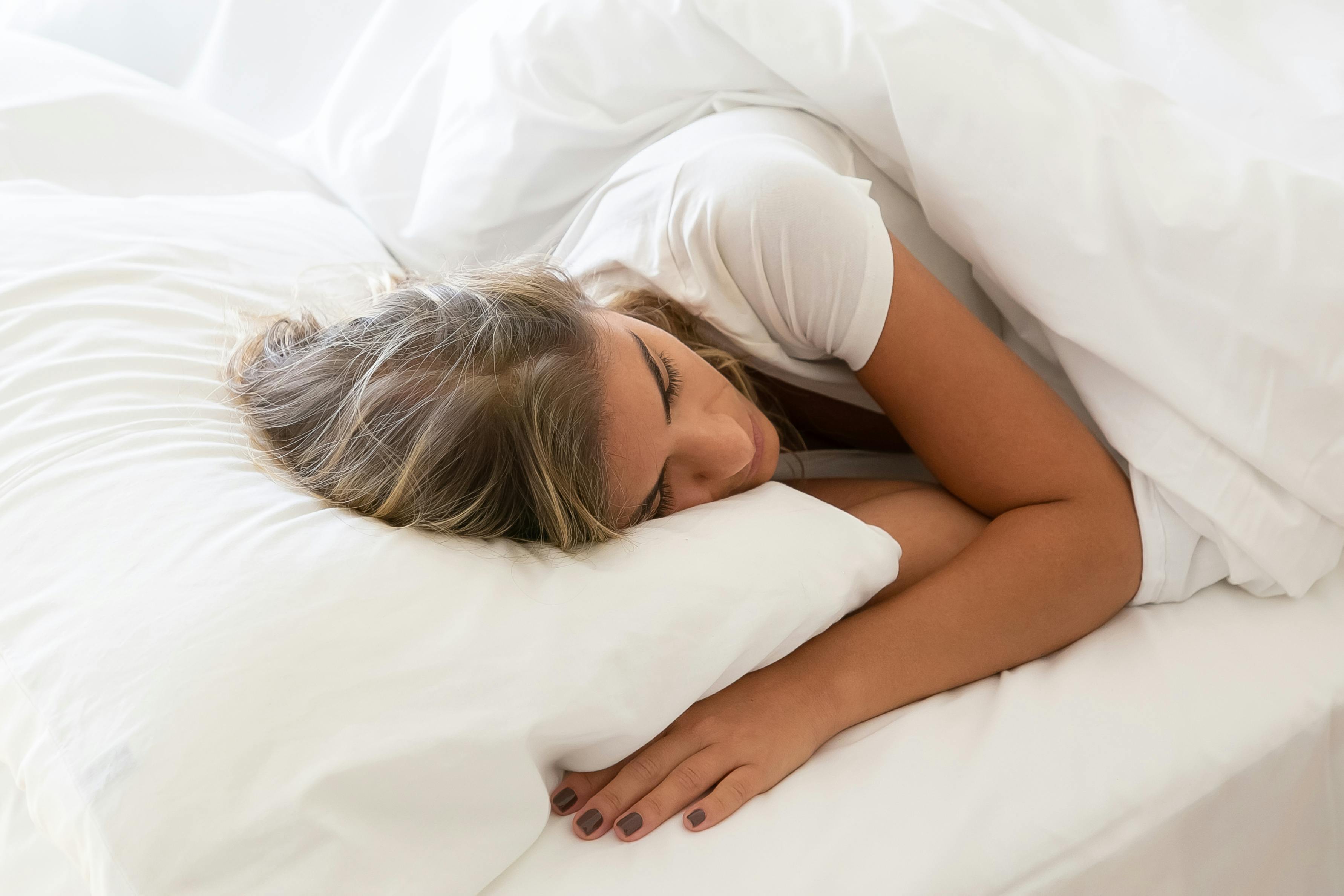
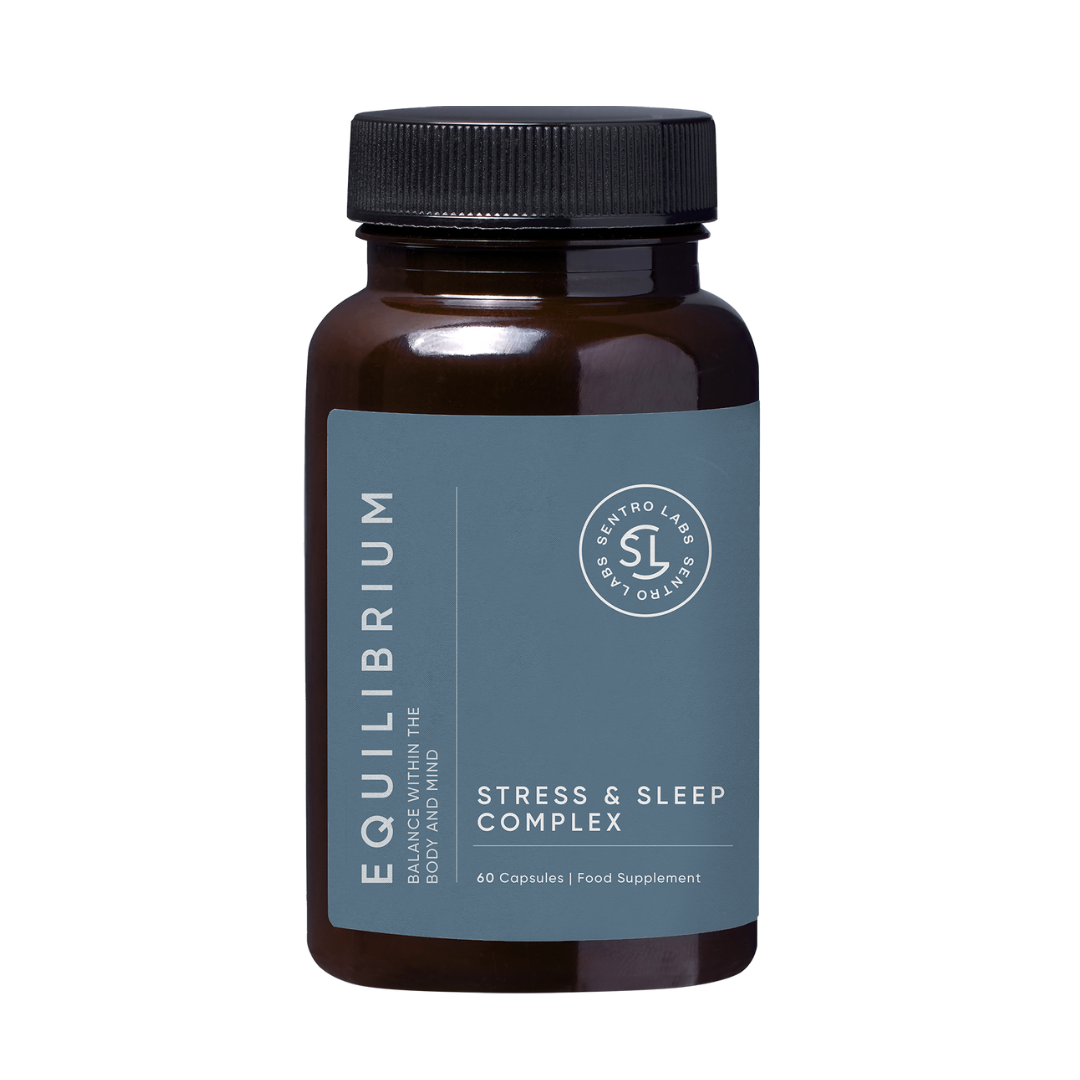
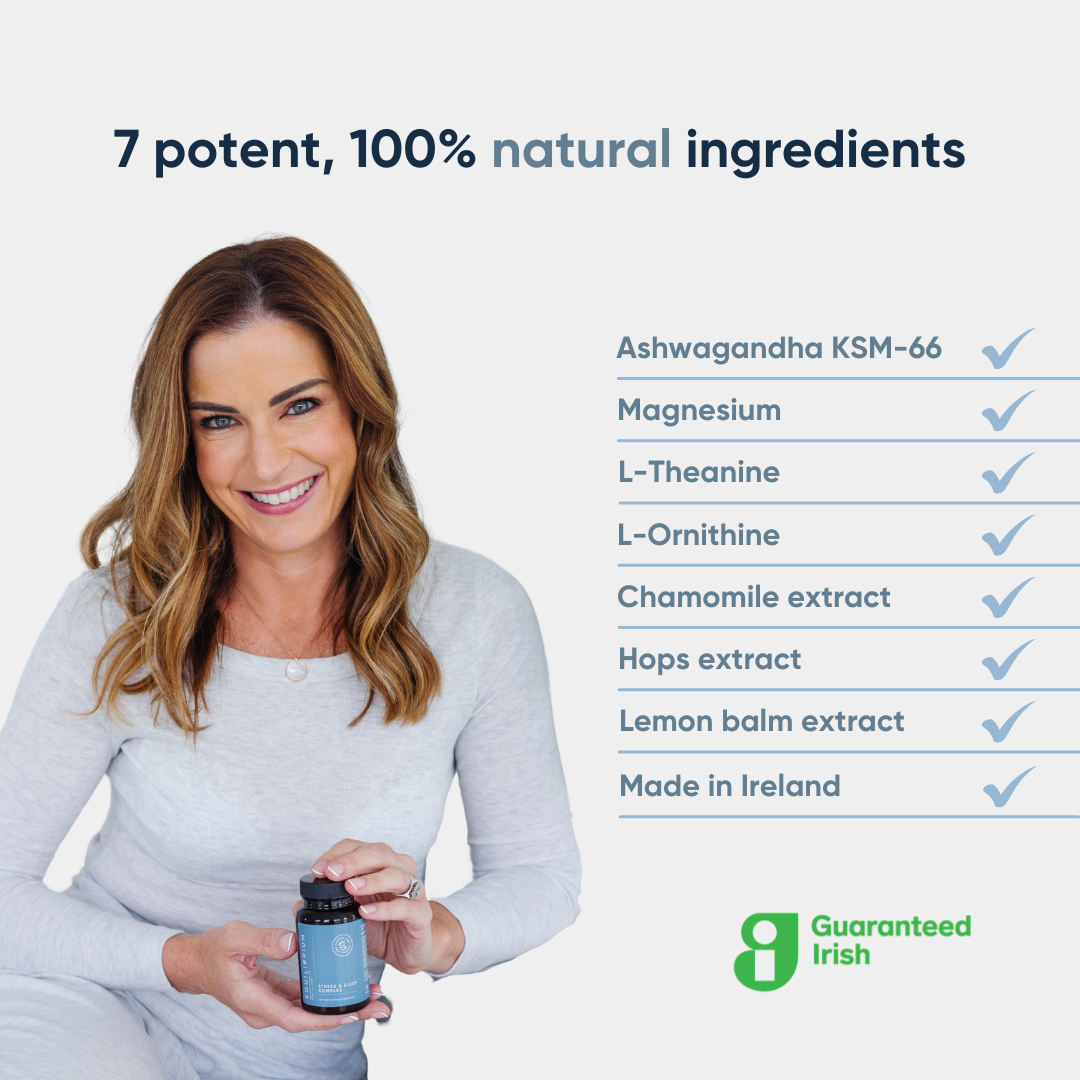
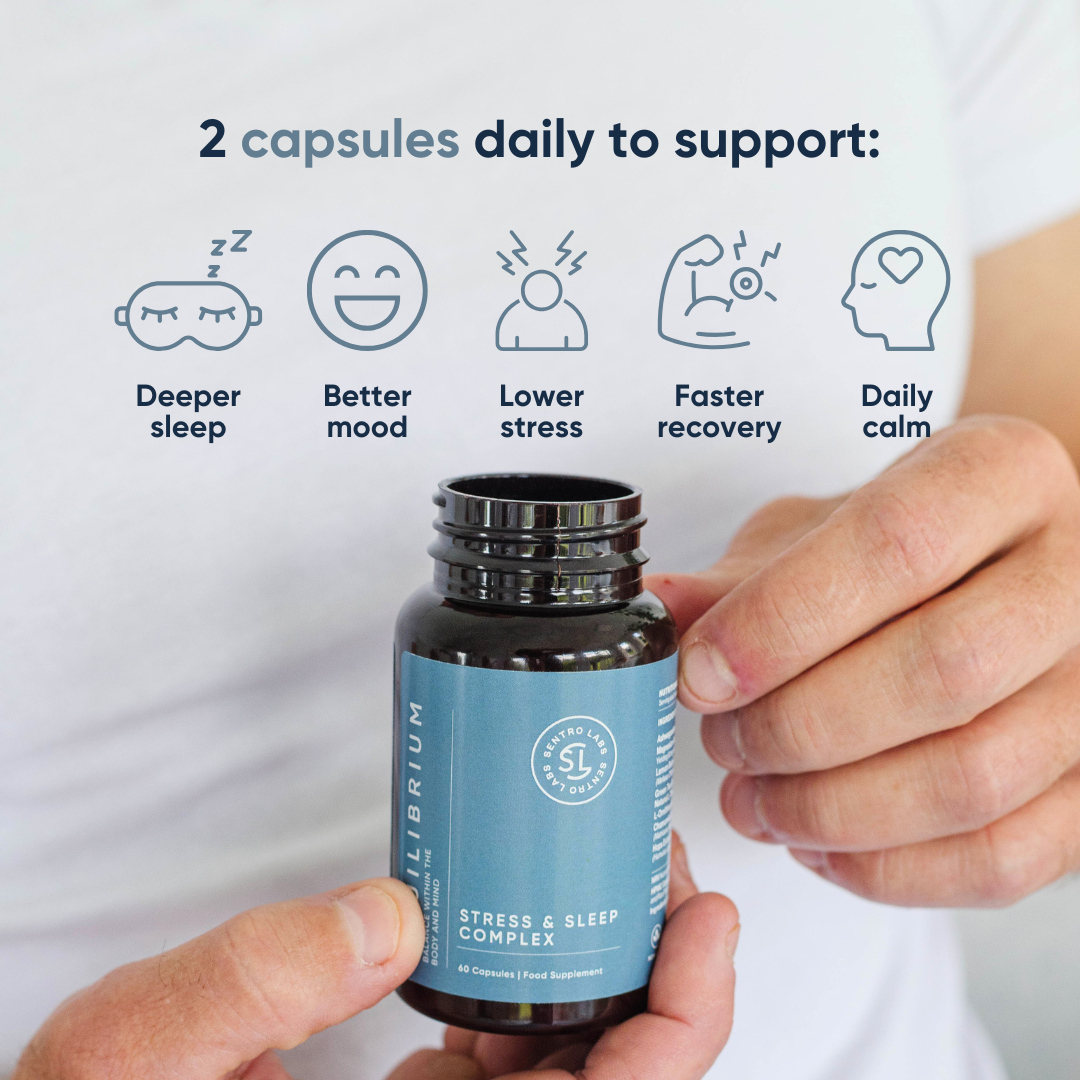
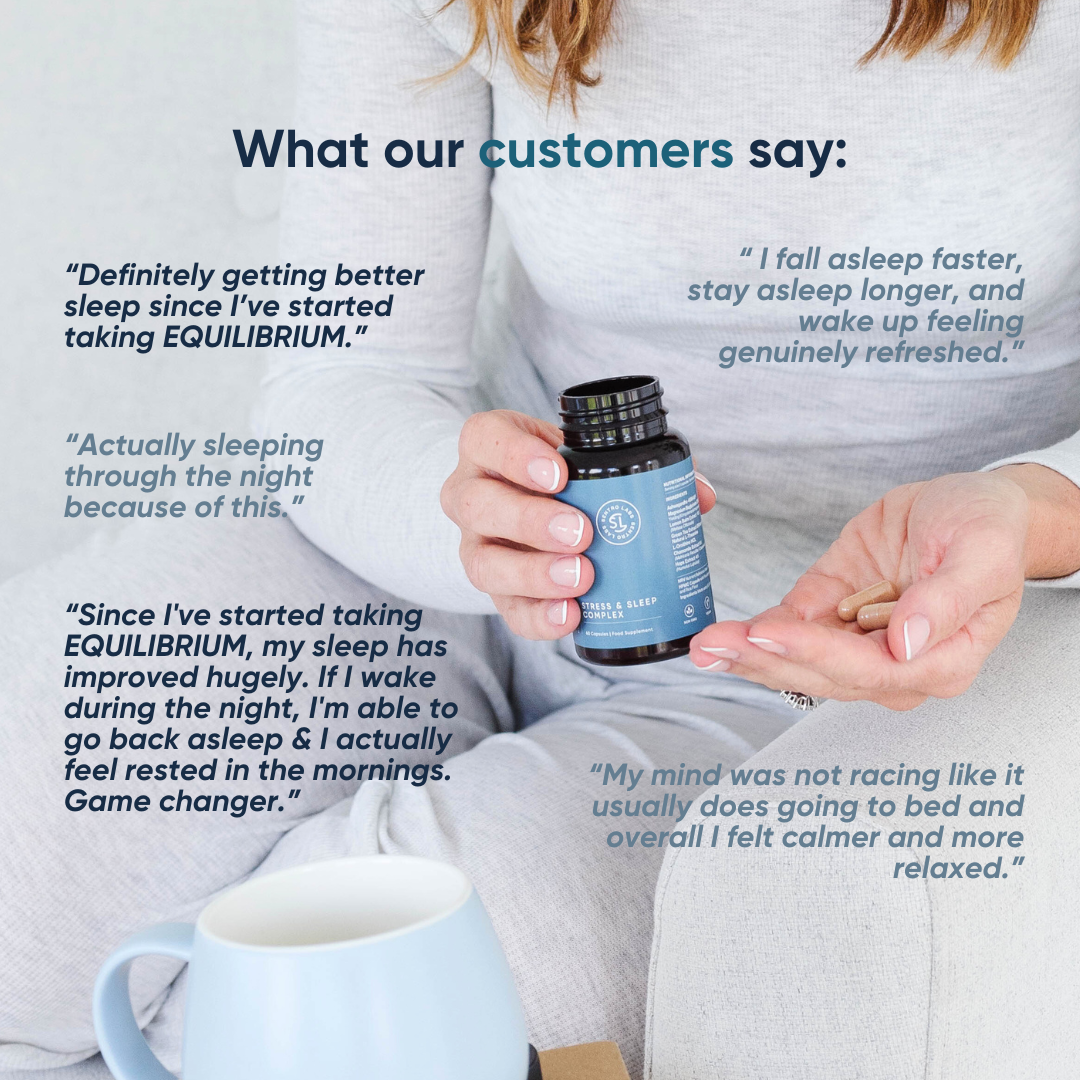
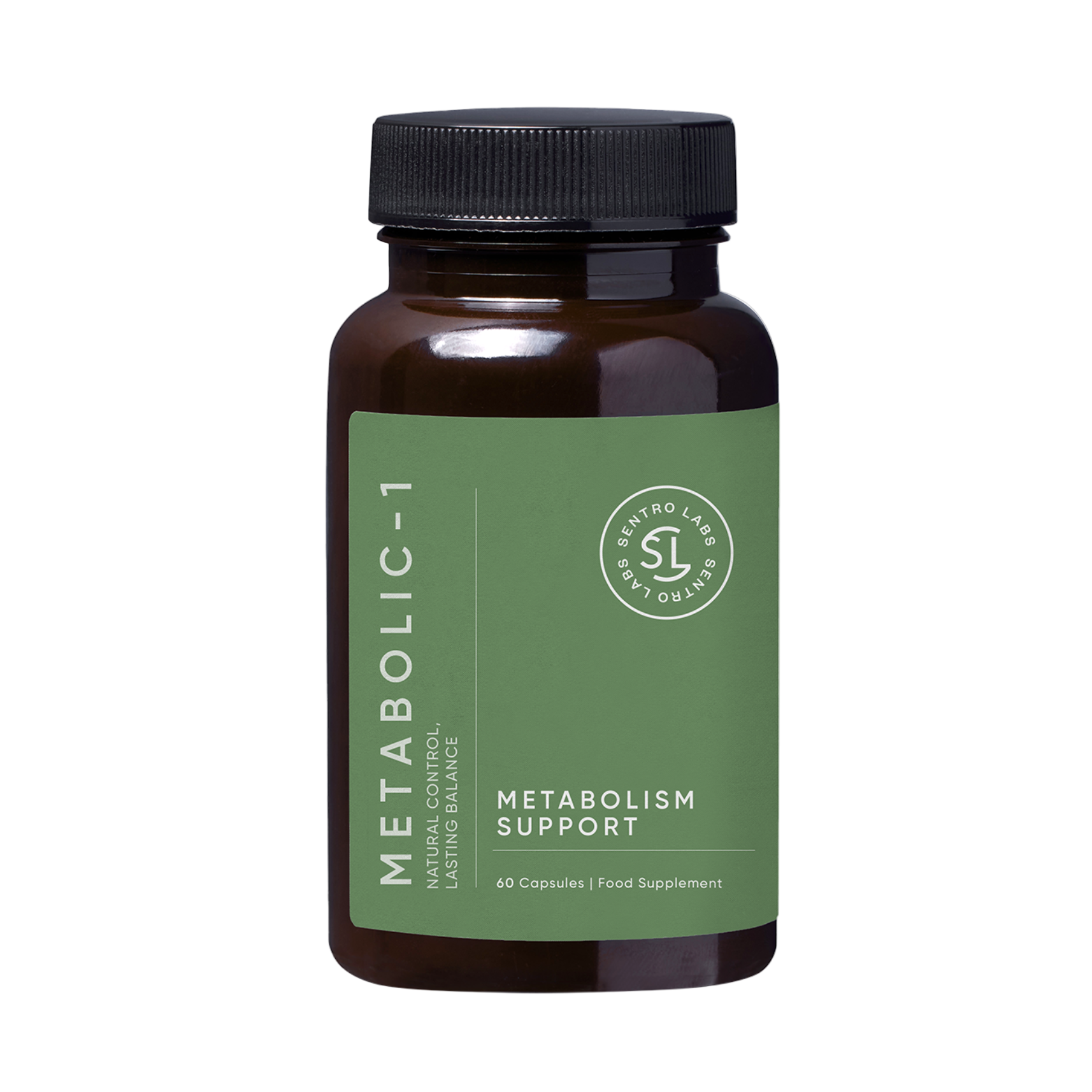
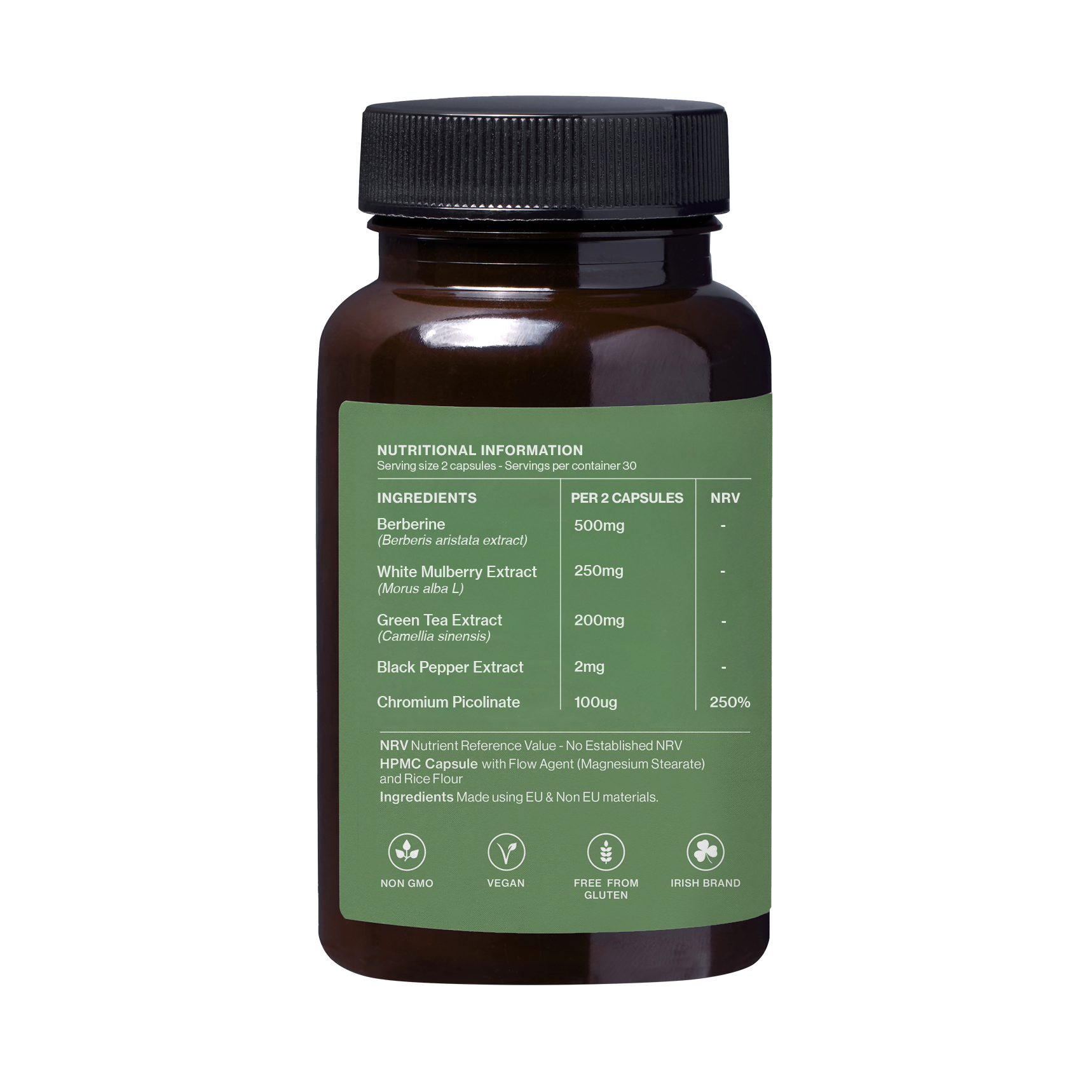
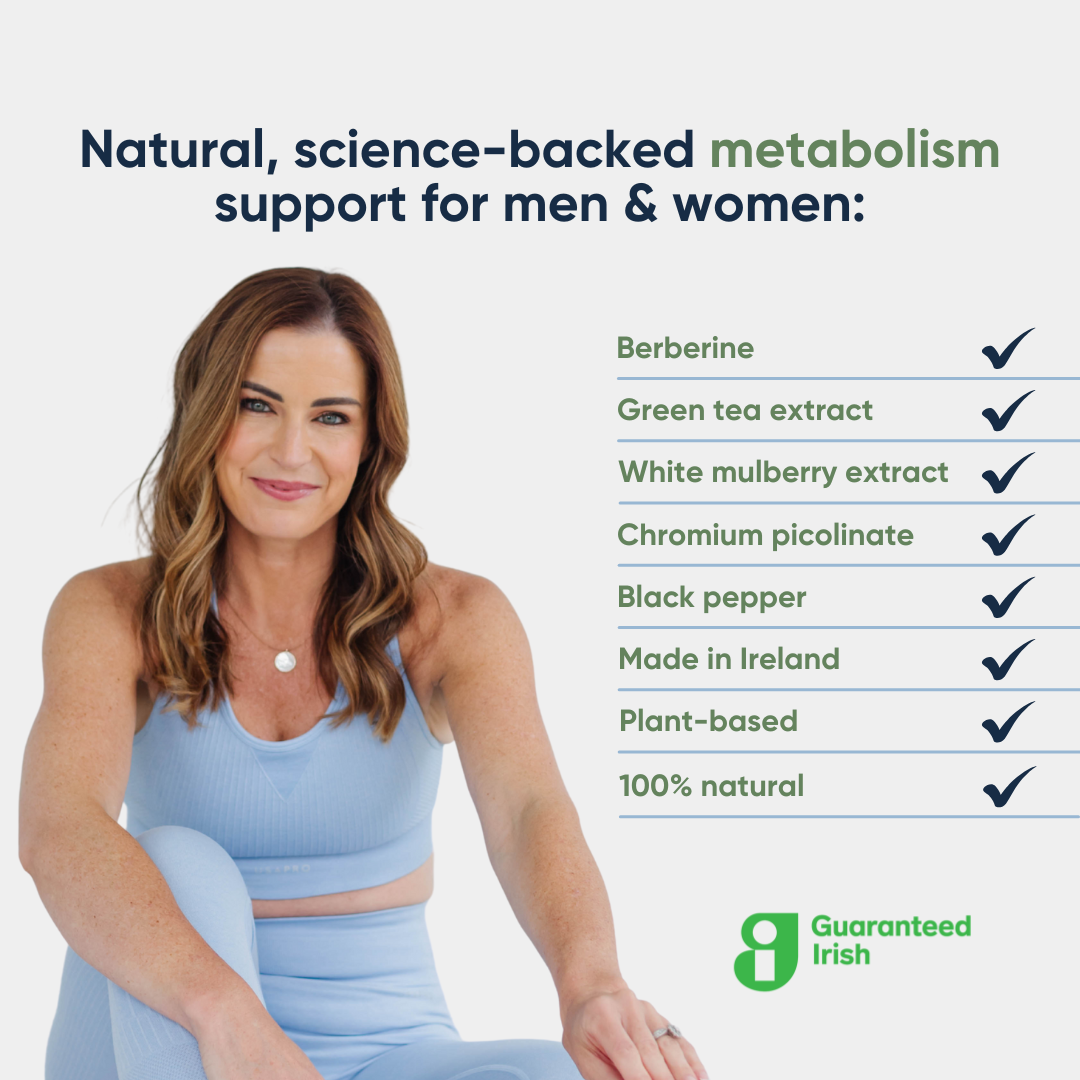
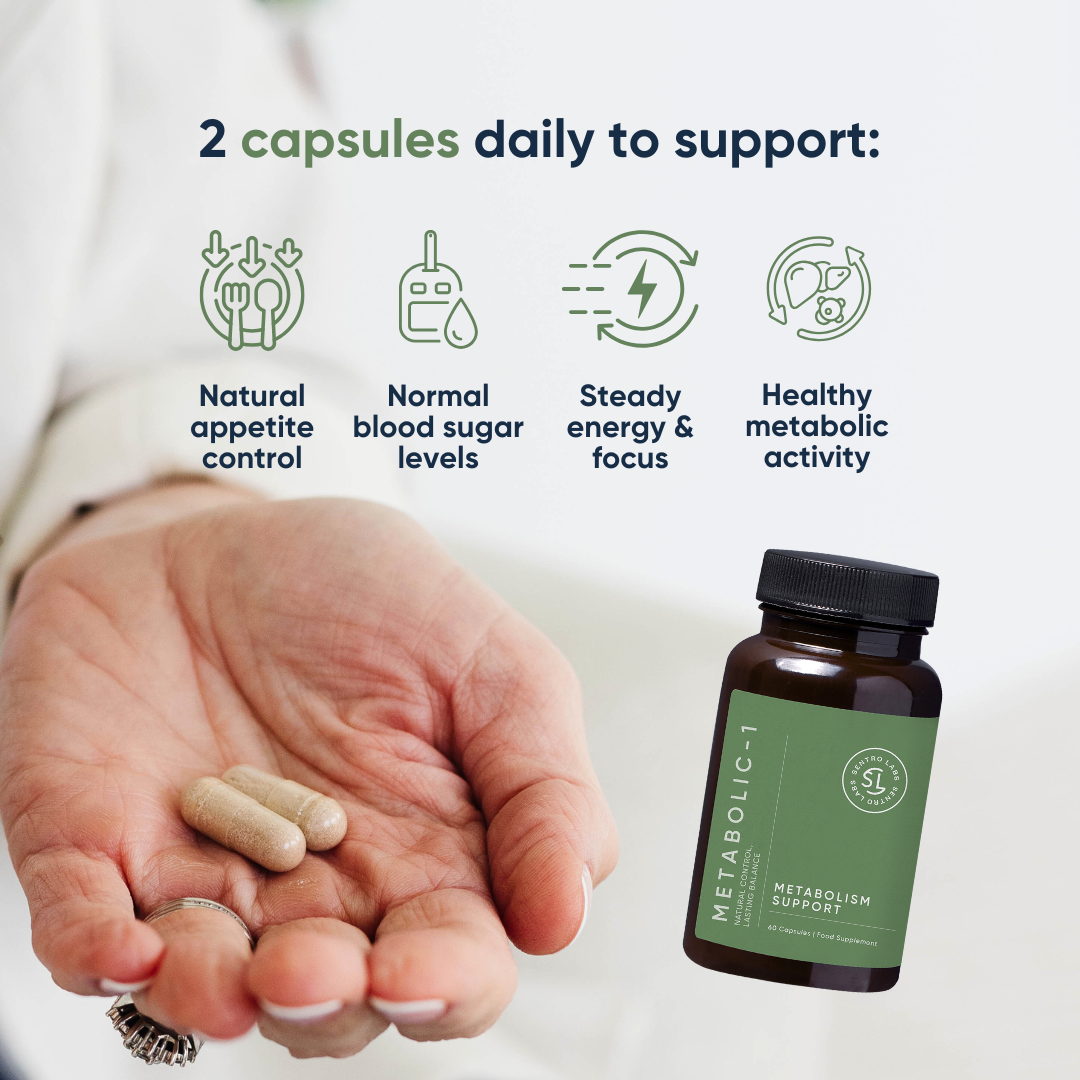
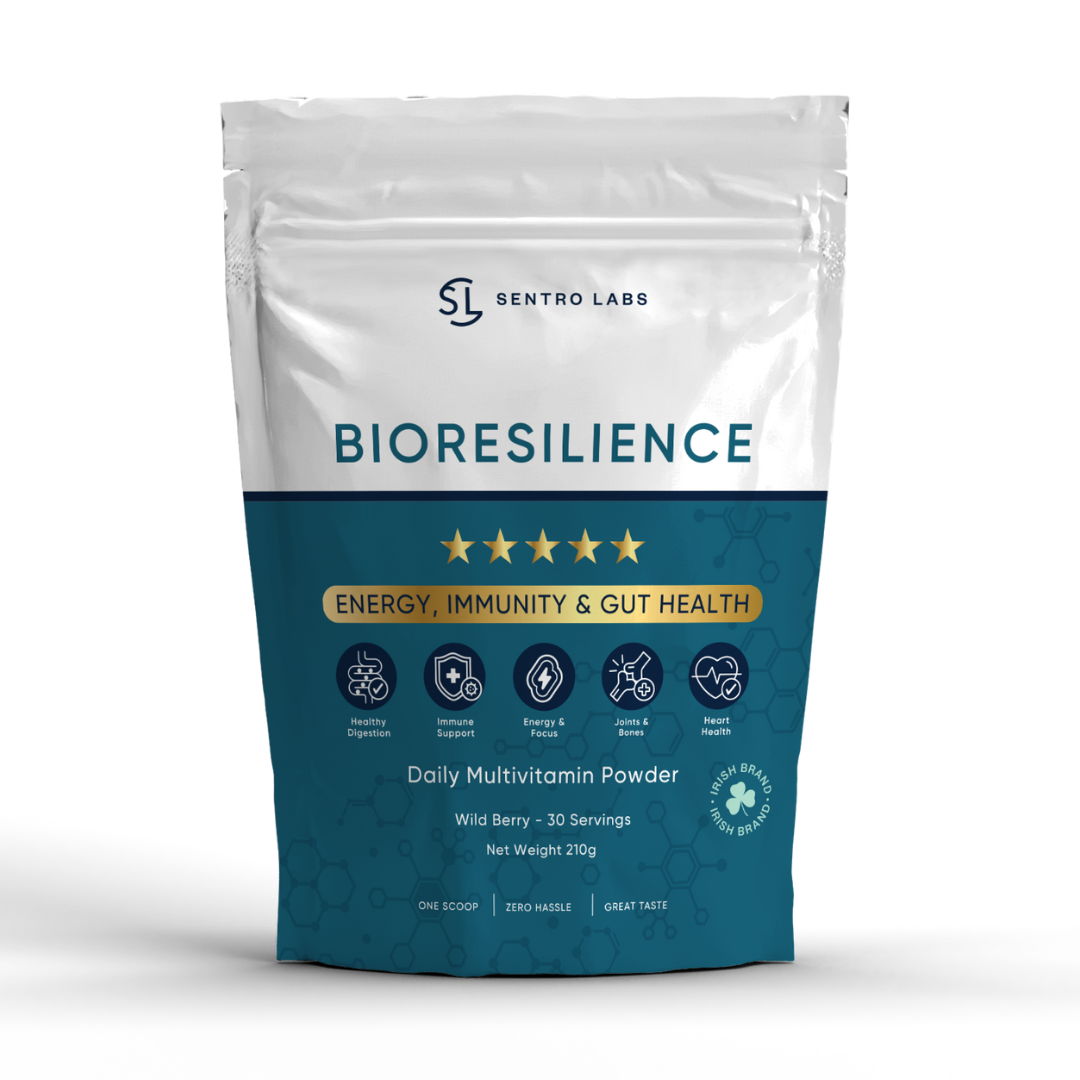
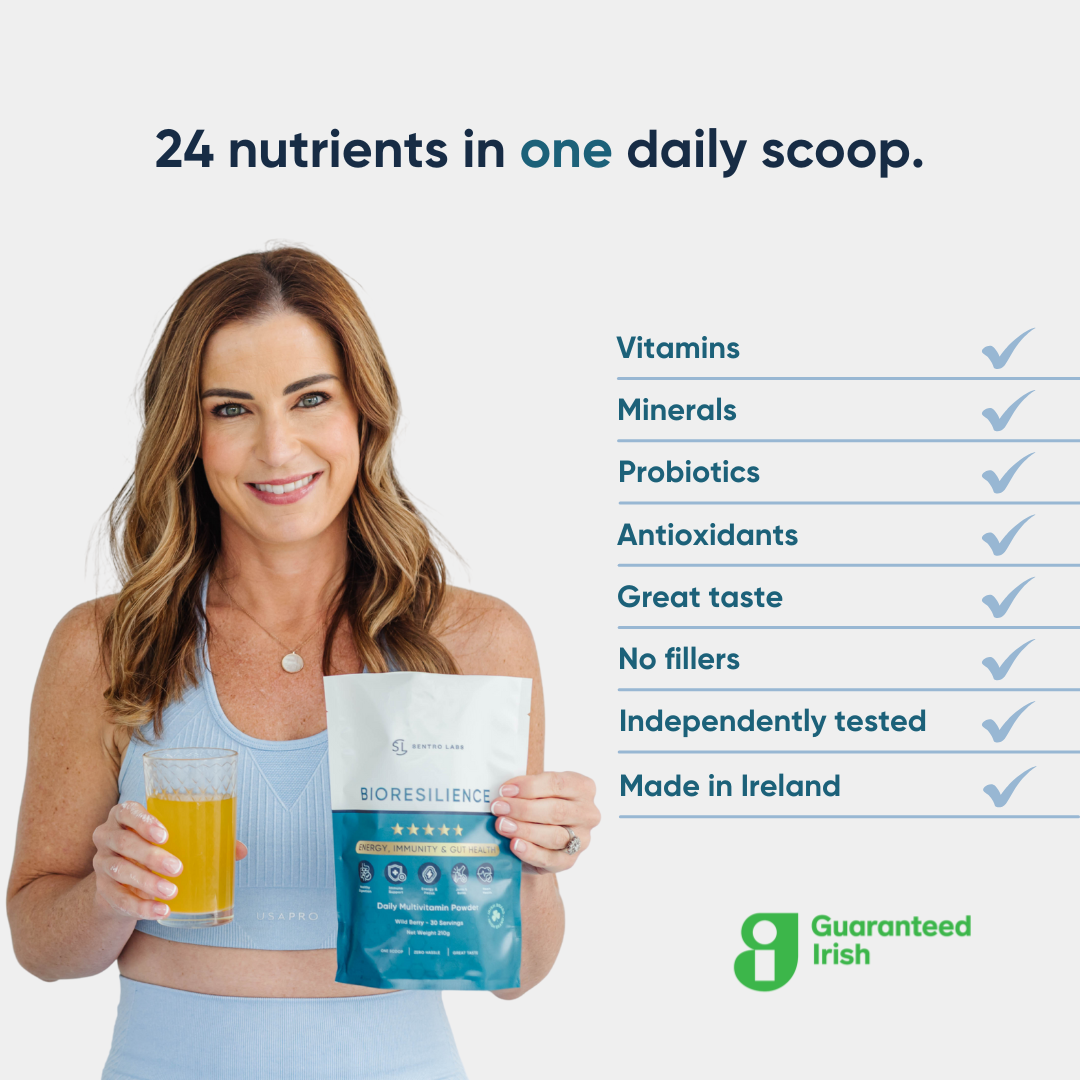
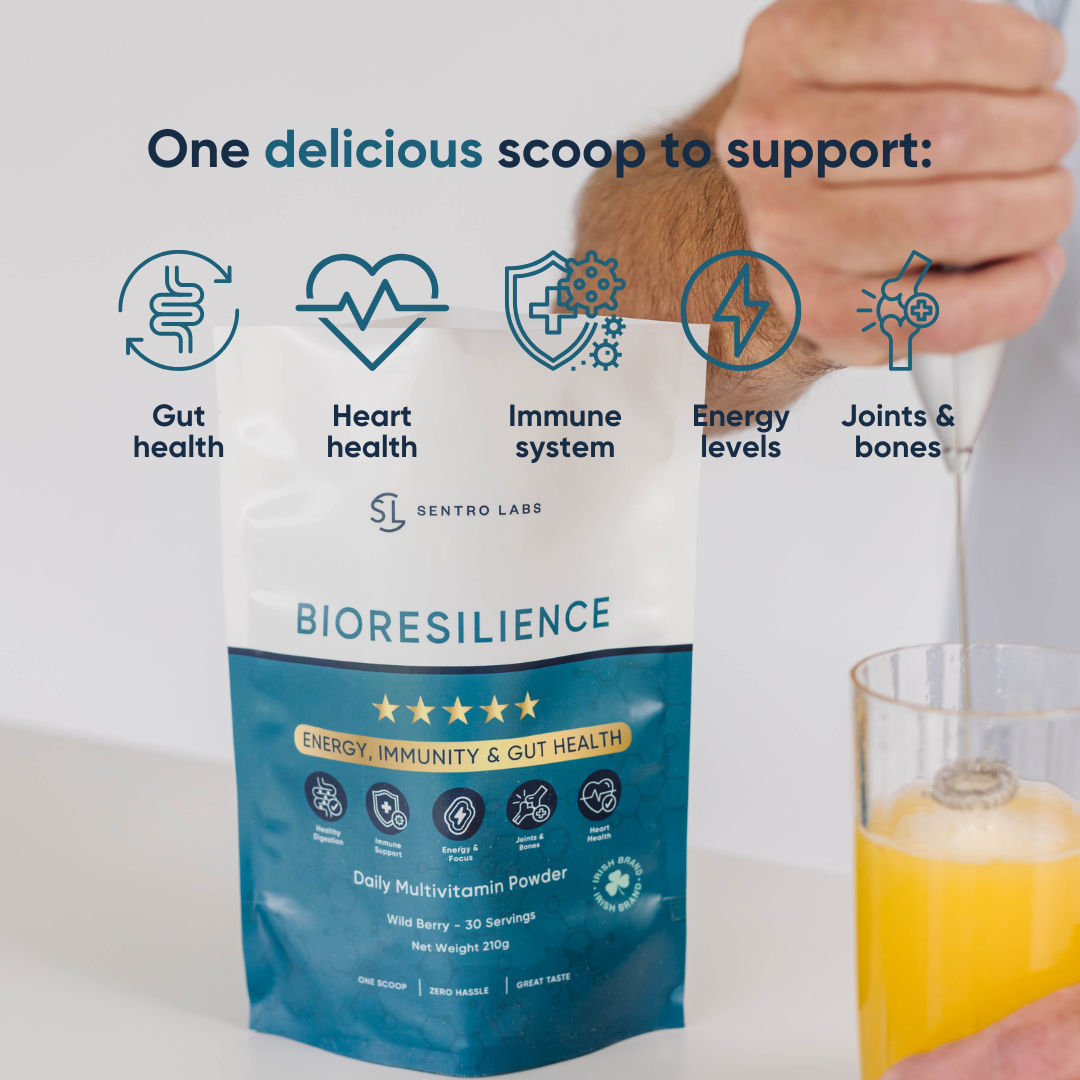
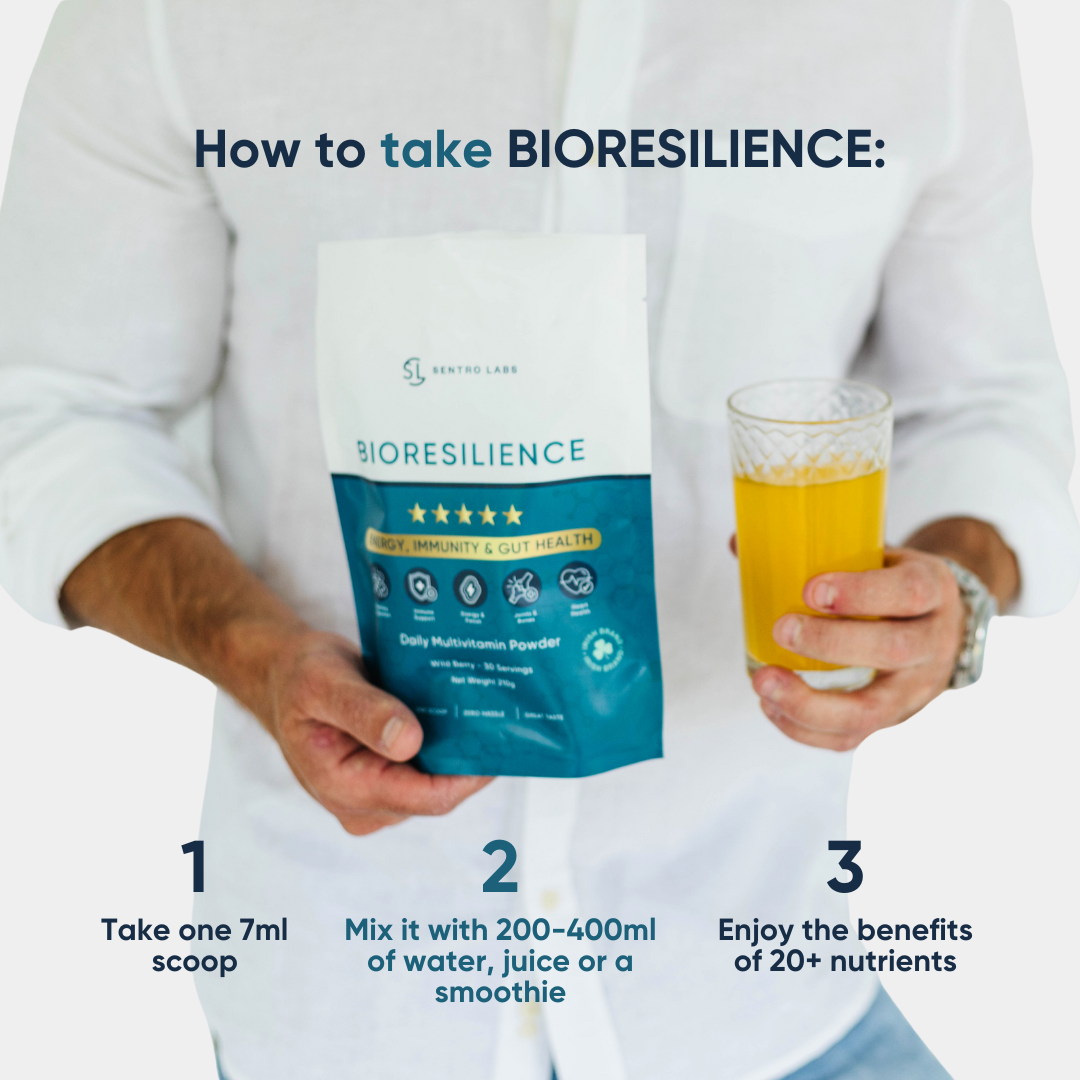
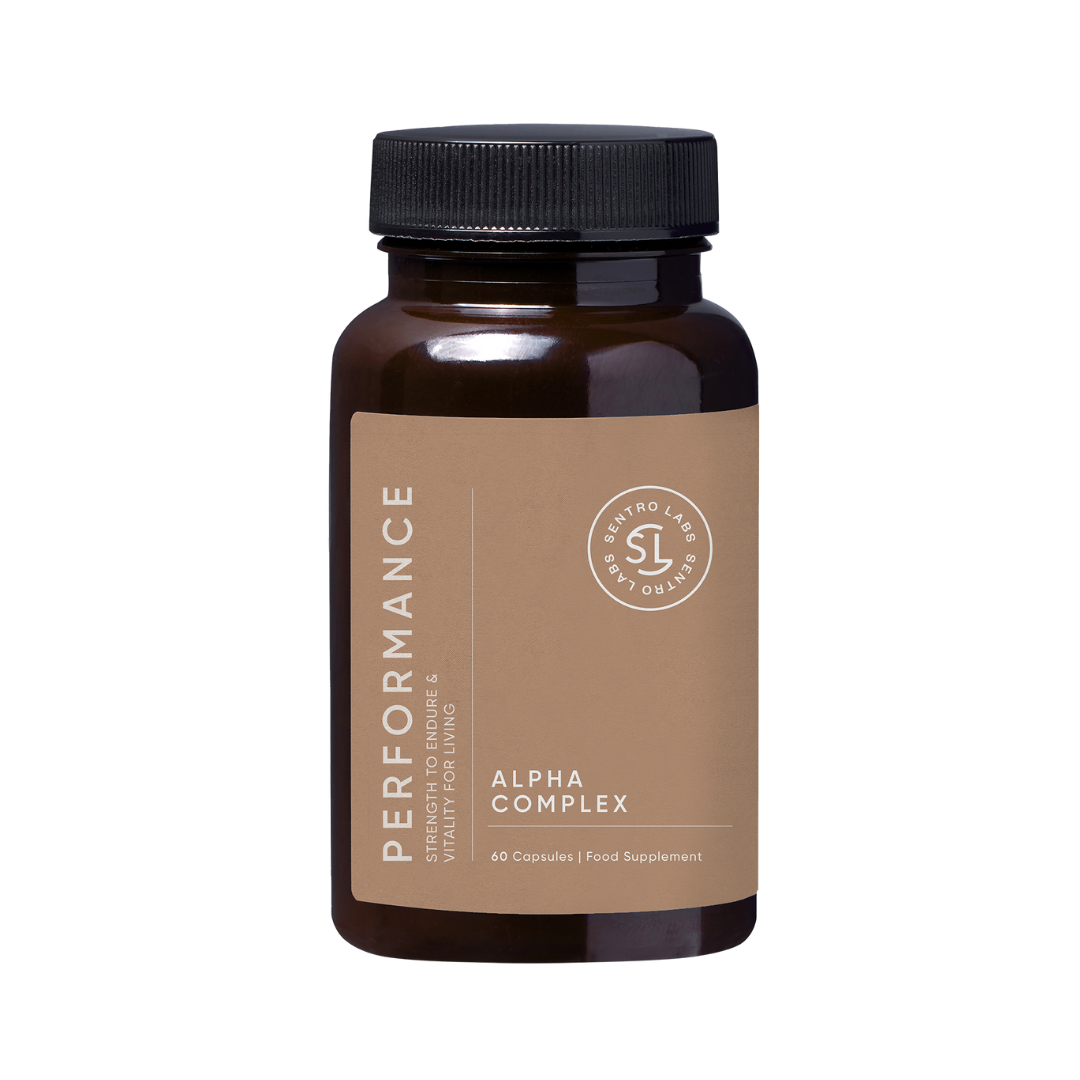
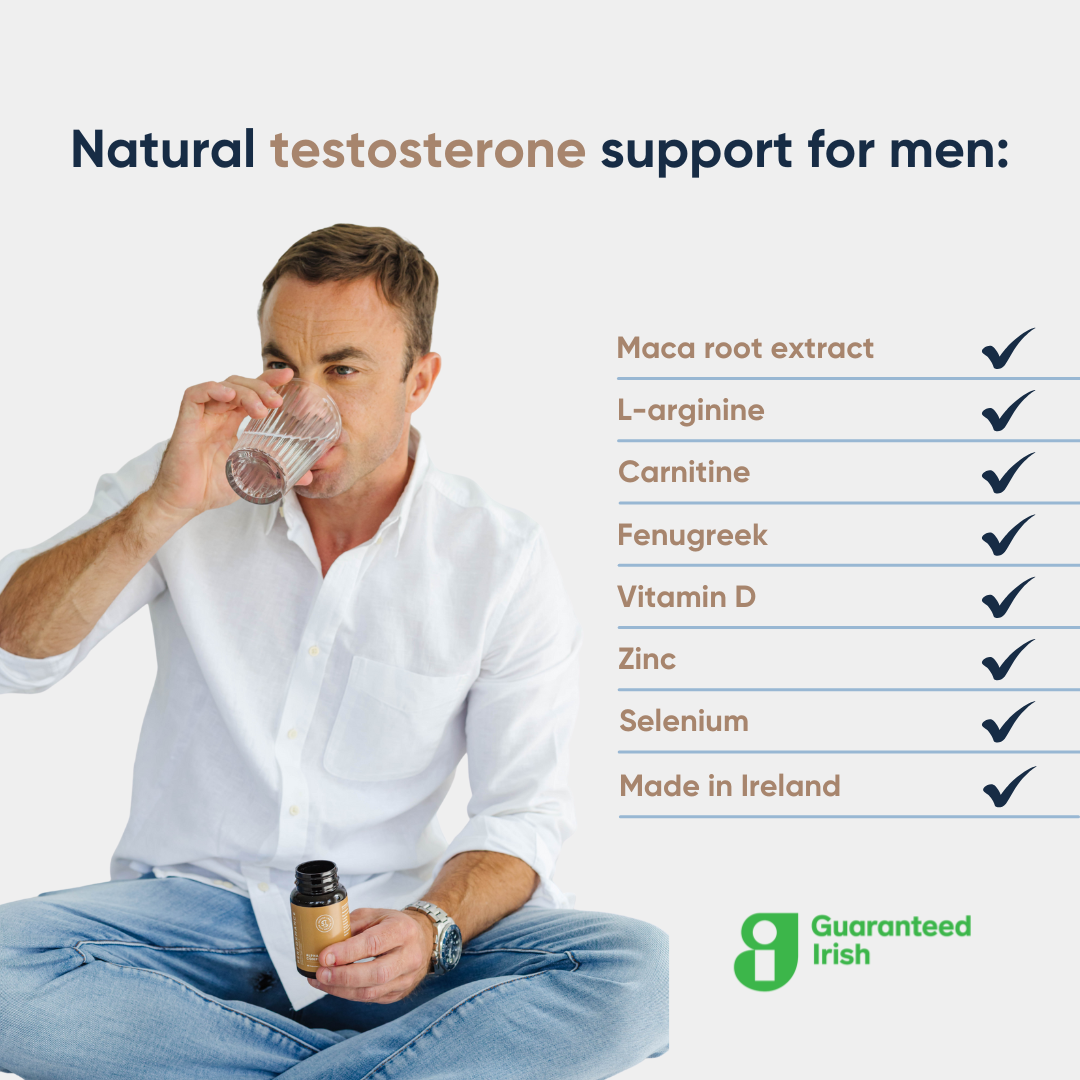
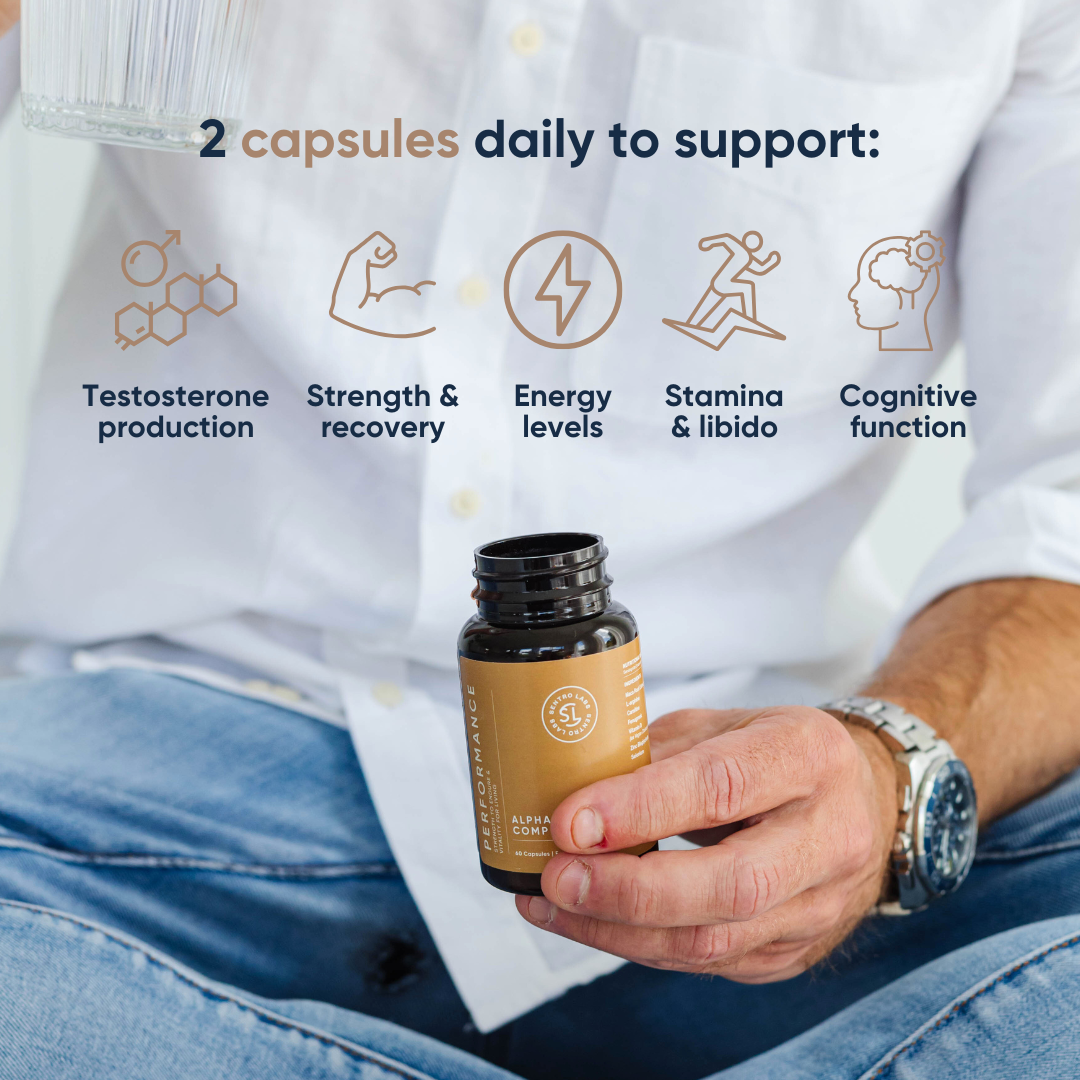
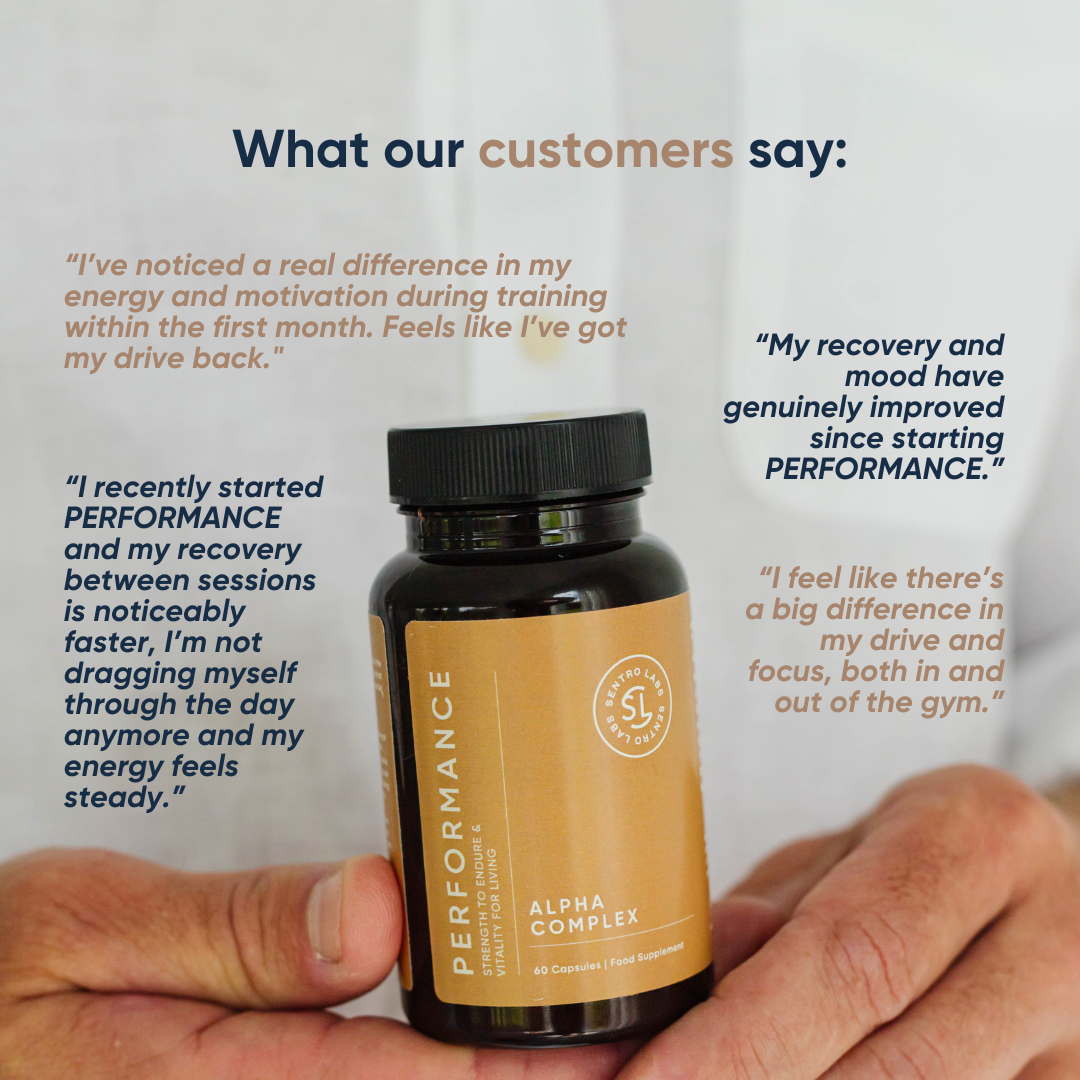
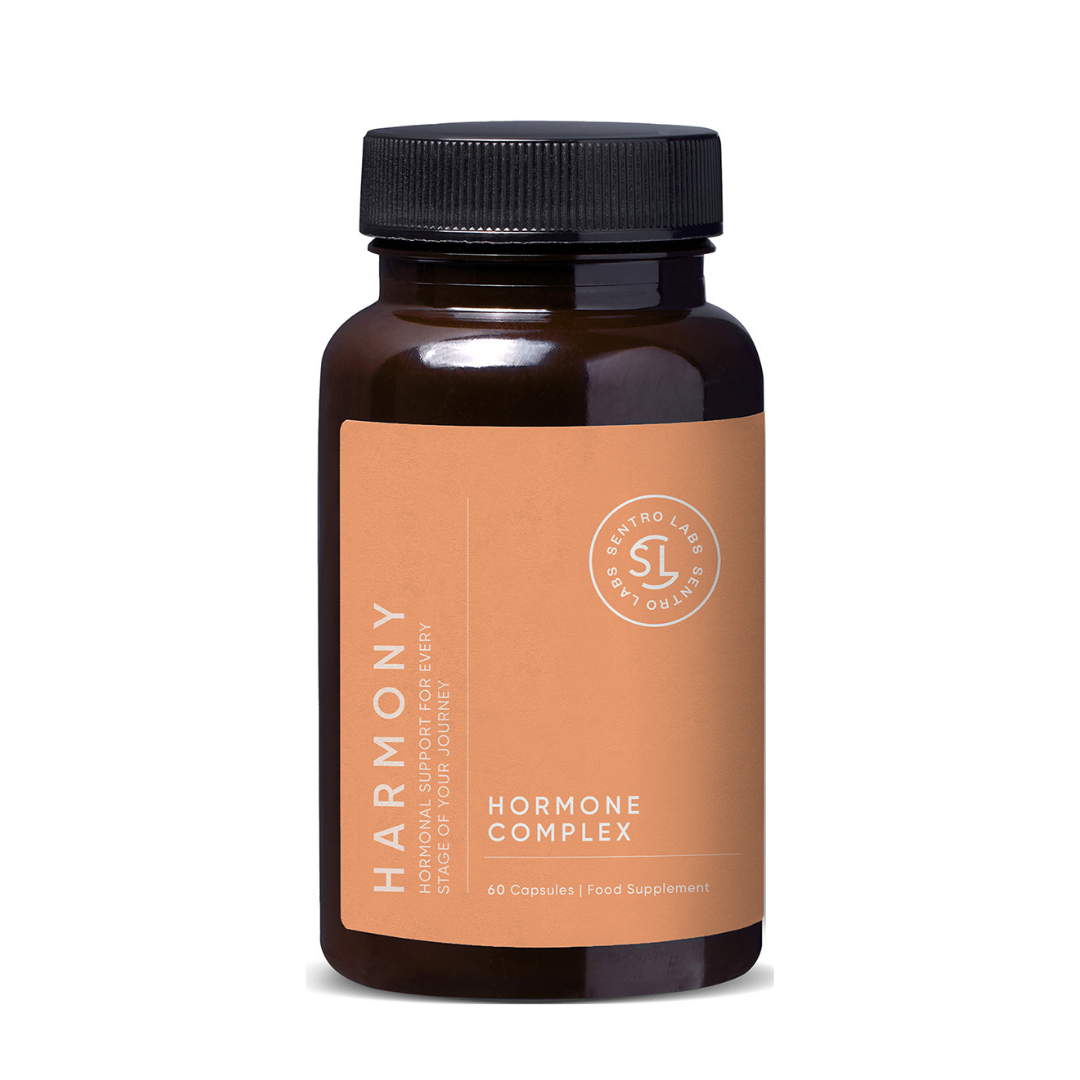
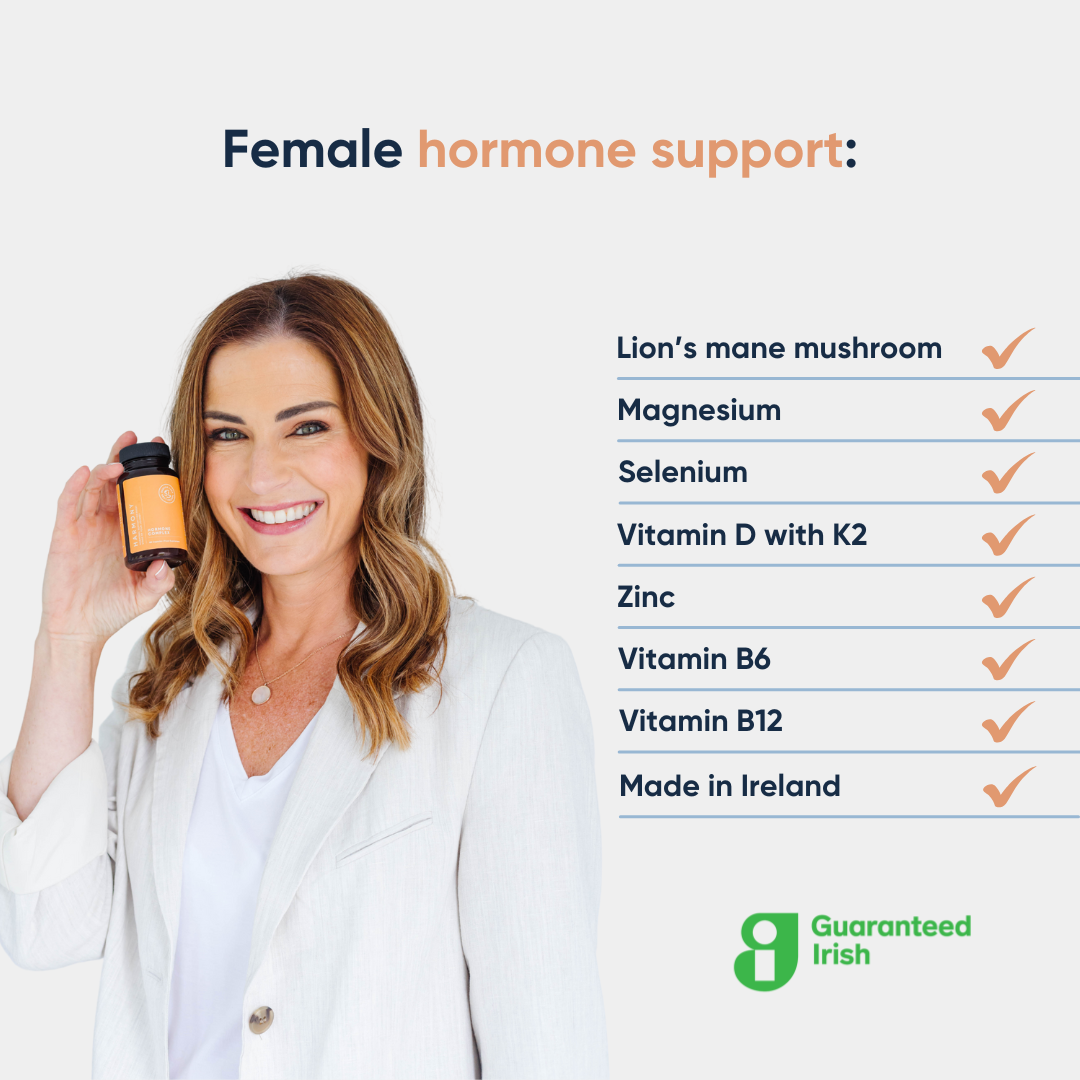
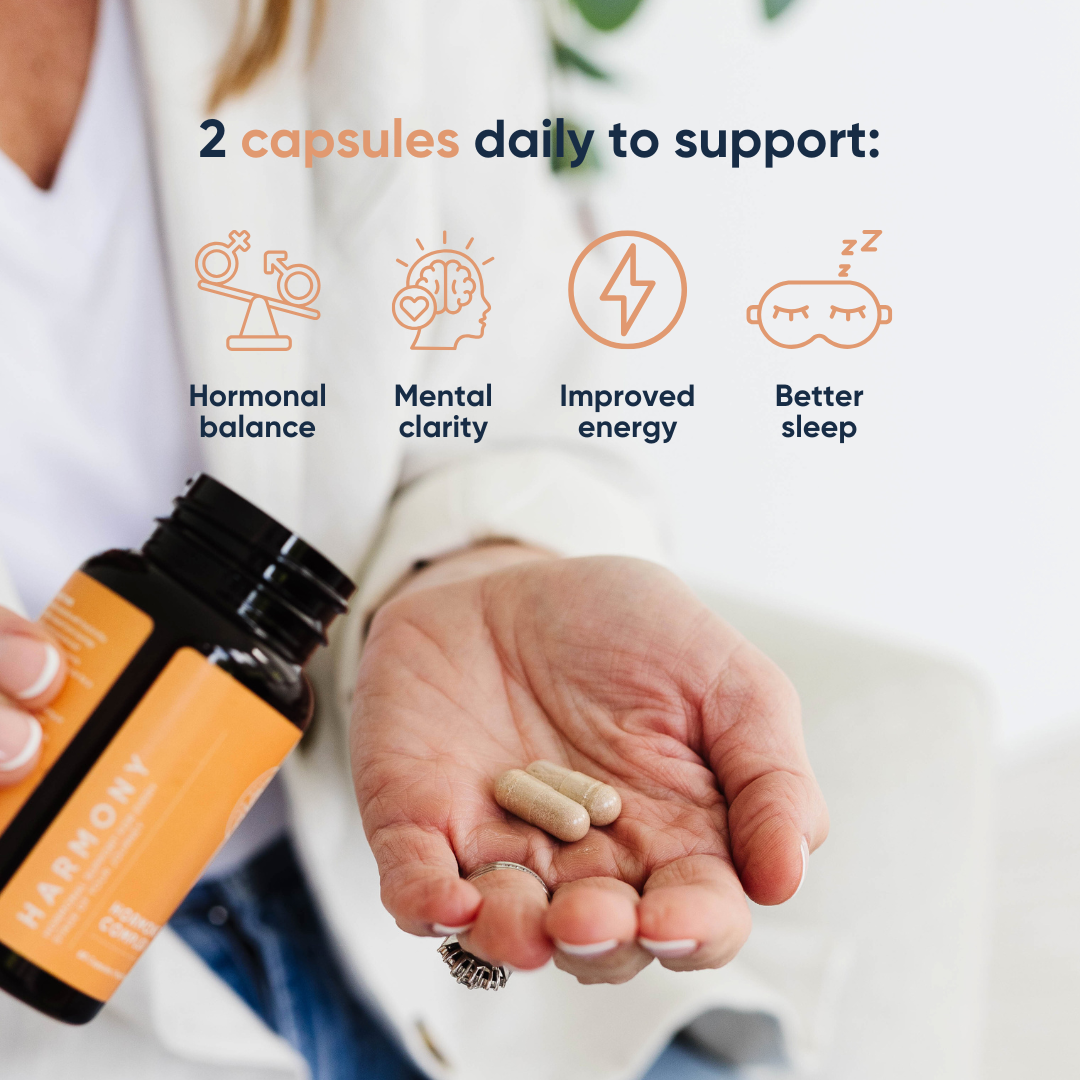
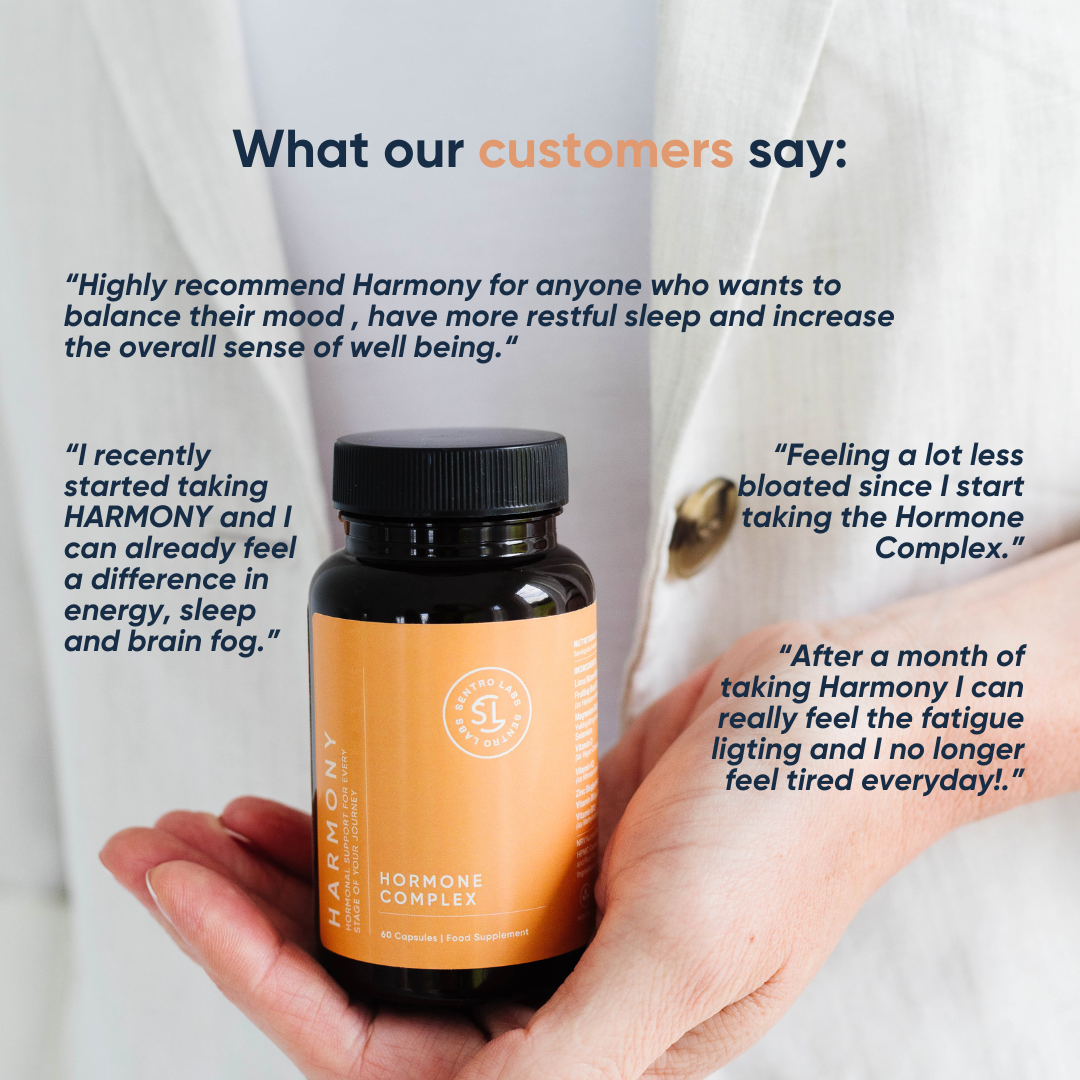
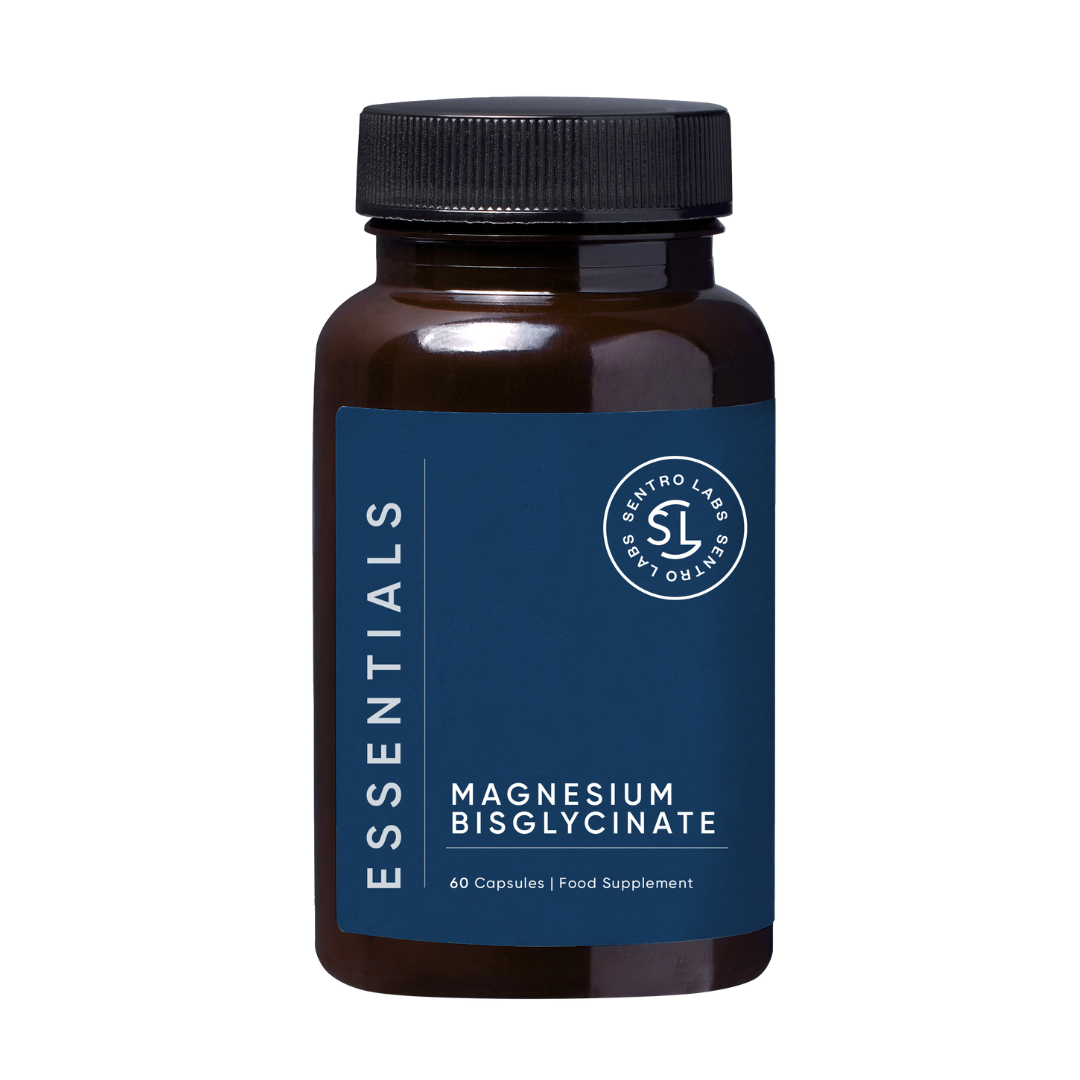
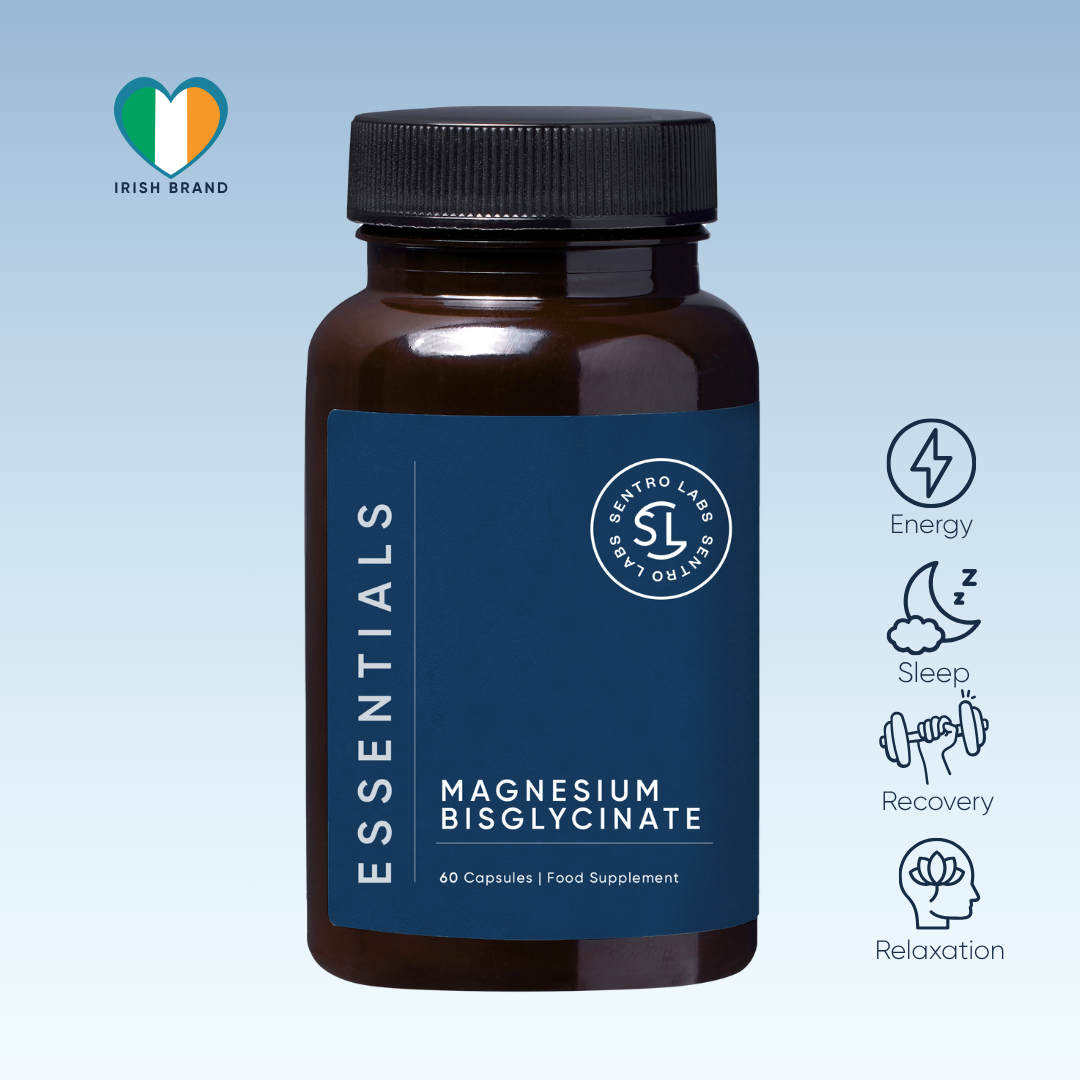
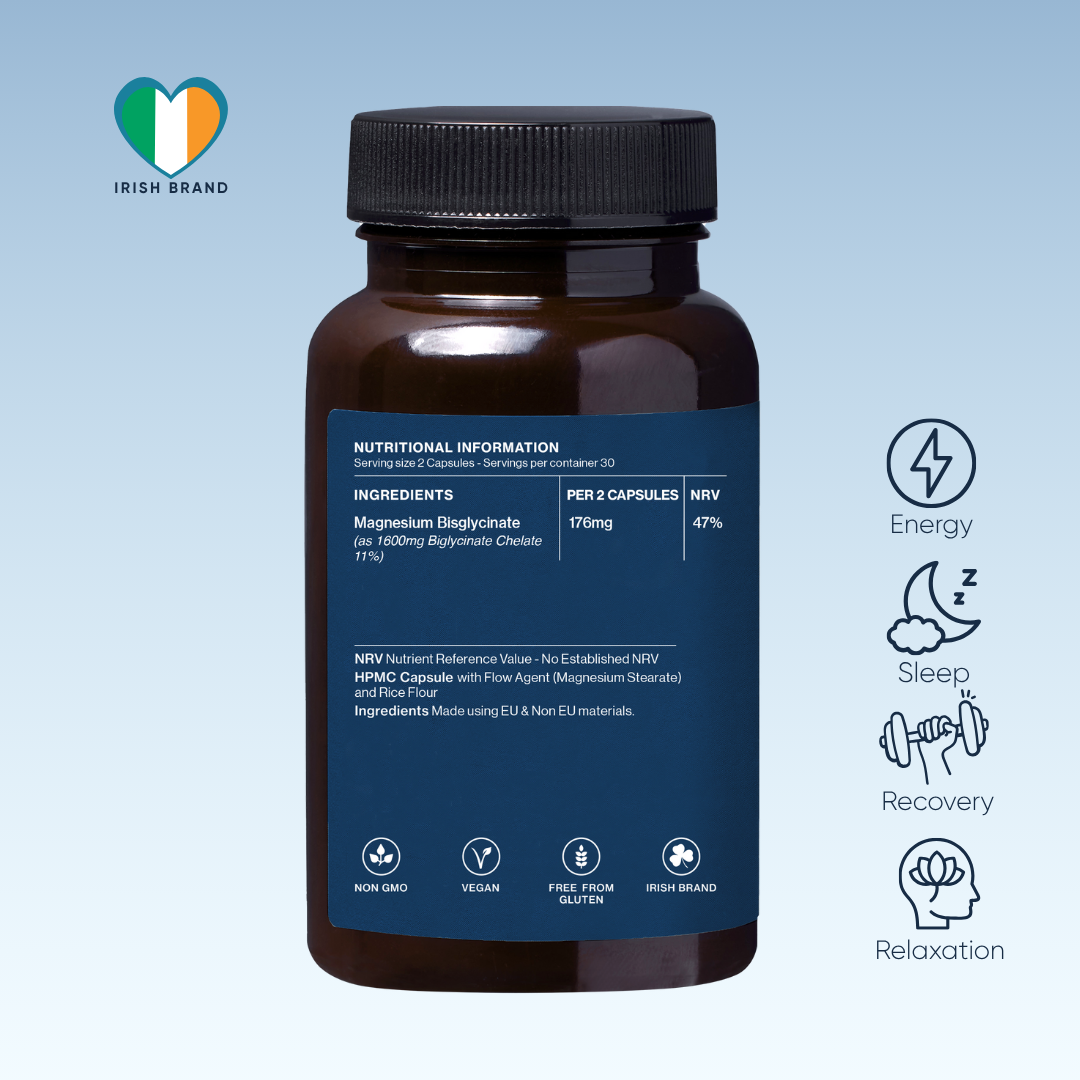
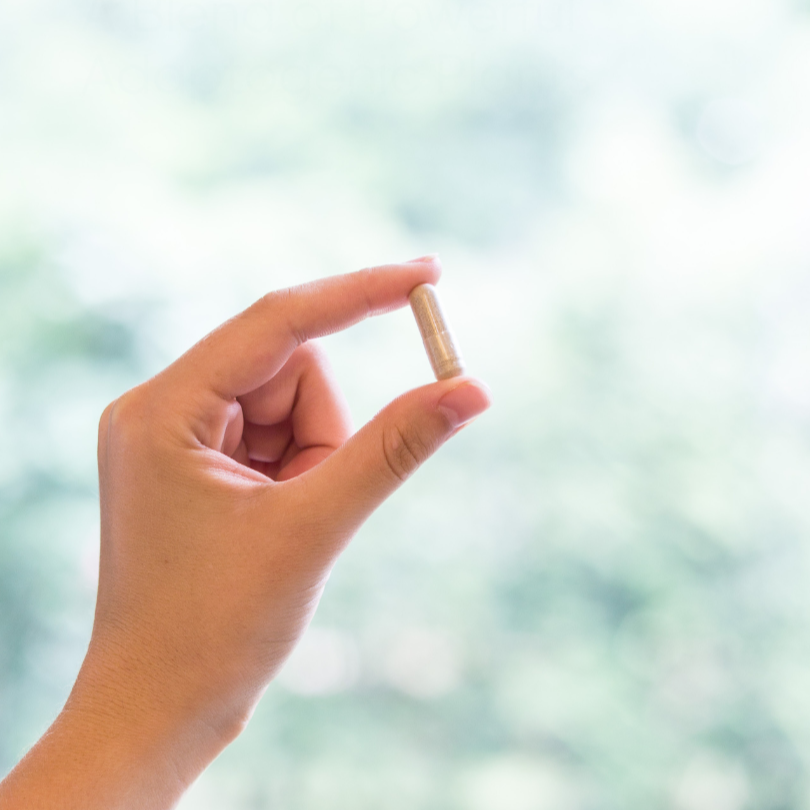
Share:
The Sentro Scoop: November